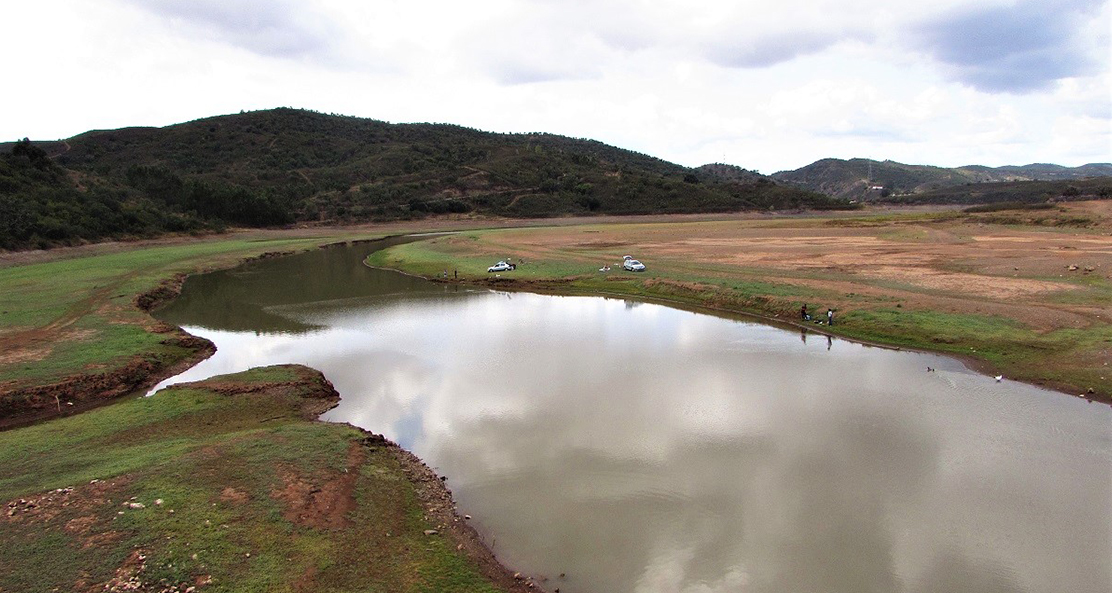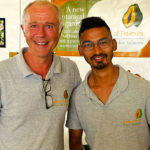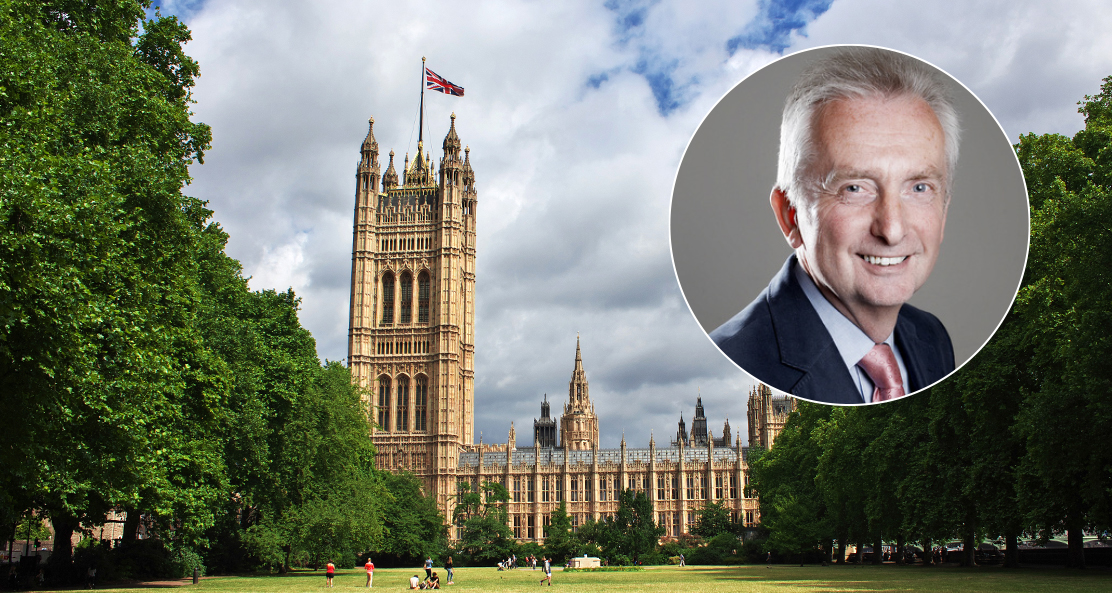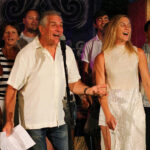By Tracy Burton
Recent newspaper headlines like ‘Less water available in Portugal’ and ‘Algarve’s water reserves only last until end of 2020’
Recent newspaper headlines like ‘Less water available in Portugal’ (Portugal News, 5 October) and ‘Algarve’s water reserves only last until end of 2020’ (Portugal Resident, 11 August) are alarming but not surprising. For many of us, it was the Algarve’s glorious climate – and famously low rainfall – which appealed.
Now rain – or rather the lack of it – is increasingly a topic of political concern.
As Portugal’s environment minister João Pedro Matos Fernandes told a climate change meeting in Loulé in February, it’s unlikely the rainfall in the Algarve will increase in the long term. The solution then must be more efficient management of this scarce resource, e.g. using treated wastewater for urban supply needs, including golf courses and crop irrigation, instead of drinking quality water.
In 2010, in its report Water Footprint in Portugal, the World Wildlife Fund found agriculture accounted for 78% of water demand; a decade on, the figure stands at 75% (Calouste Gulbenkian Foundation). Dry orchards of indigenous olive, cork and carob continue to be replaced with sprawling and well-irrigated fruit plantations. Leaks in ageing pipework account for even more ‘wasted’ water.
The Loulé-based non-profit organisation Associação Almargem believes large-scale societal change is needed – and fast. Simple changes based on the circular economy system – designing out waste, re-using materials and regenerating natural systems – would make a big difference. One example is not ‘over-purifying’ water for its intended purpose.
“We know water from urban sewage systems can be transformed to an adequate quality for agriculture with very little effort,” explains Almargem’s Patrícia Fernandes.
She suggests cities with historic water struggles could create a ‘green umbrella’ of low water-consumption trees and plants to trigger a natural cooling effect and reduce water needs. Rainwater could be collected and stored locally to maintain parks and gardens.
Education, too, is crucial. “Every student should be taught to cherish and care for their natural environment,” insists Patrícia. “So much can be lost in the span of a generation.”
How we can all help
In the face of such huge environmental challenges, is there really anything we can do as individuals to make a difference? Almargem believes there is and, earlier this year, it launched a public awareness campaign to highlight the problem of unrestrained water consumption.
#AÚltimaGota_Algarve (Portuguese for ‘the last drop’) brought together environmental experts to address the problem of water scarcity in the Algarve and share their knowledge in a monthly newsletter.
Regular water-saving ‘challenges’ have been posted weekly on Almargem’s Facebook page, e.g. in October, people were urged to report water leaks or the inappropriate watering of public gardens. In September, young people returning to school were challenged to turn off dripping taps and report any which continued to drip. Meanwhile, adults were encouraged to get the dripping taps at home fixed.
A summer gardening challenge suggested using pine shell, straw and dry leaves to create a protective barrier to prevent flower beds drying out in hot weather.
In May, when Portugal remained in a State of Calamity, #AÚltimaGota_Algarve put its ‘isolated but spared’ motto in place and encouraged followers to create a mini garden at home, using the water used for cooking vegetables or pasta to nurture the plants.
“We cannot think that our actions will have no impact and therefore not take any action,” insists Patrícia. “Maybe today we’ll only save a litre of water, but if we all made that effort, in a single day, thousands of litres would be saved in a single Algarve city.”
Did you know…
Western/central Algarve has four reservoirs (barragems): Bravura, Odelouca, Arade and Funcho
Odelouca is the main source of water in the Algarve. When full, it has a surface area of 7.8km2 and a useful storage capacity of 128 hm3
Algarve tap water is safe to drink and is of excellent quality (Águas do Algarve)
1kg of beef takes around 16,000 litres of water to produce
+INFO:
www.almargem.org















